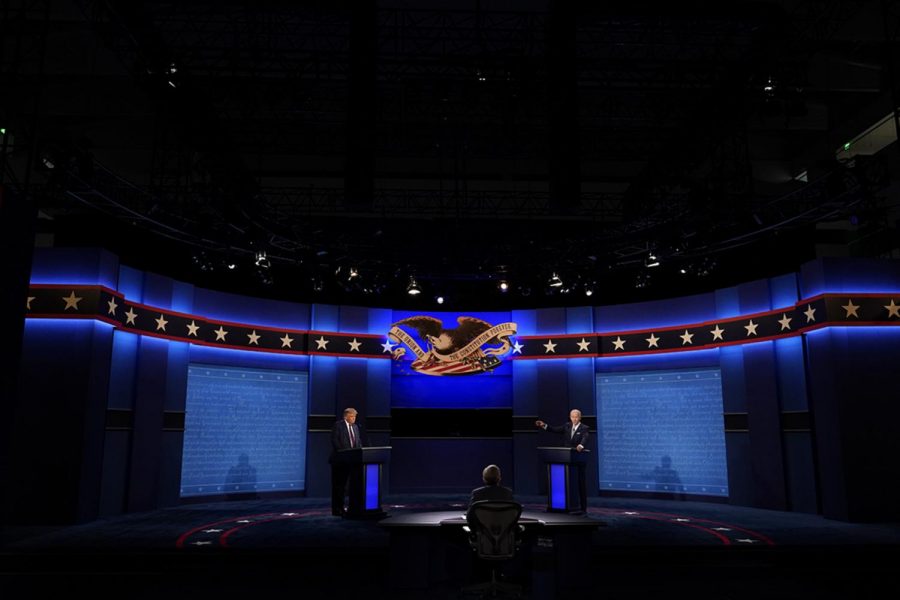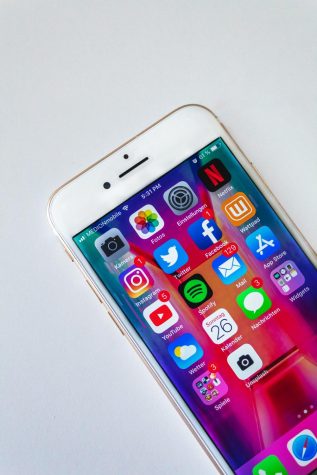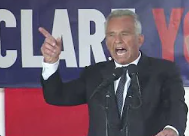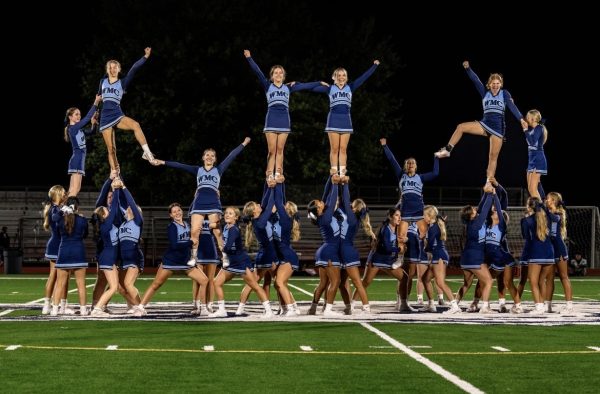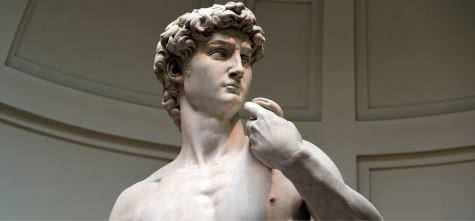Cleveland Cacophony: The First Presidential Debate
President Donald Trump (left) and former Vice President Joseph Biden (right) squared off with each other and at times Fox News moderator Chris Wallace (center) in a chaotic, messy debate which saw a continuous stream of interruptions, juvenile insults, and accusations of lying. Photo credits; AP Photo/Patrick Semansky.
By all accounts, the first presidential debate of the 2020 election at Case Western University in Cleveland, Ohio on Tuesday, September 29 was a chaotic, unwatchable mess. Over the course of the scheduled 90 minutes, the two candidates—incumbent president Donald Trump and former vice president Joe Biden—incessantly interrupted each other, traded schoolyard insults, and accused each other of lying. In many ways, it was a painful reminder of the poisonous political atmosphere that has defined the last decade in American politics.
The plan for the debate was six sections of fifteen minutes, each focusing on a separate issue: the Supreme Court, COVID-19, the economy, race relations, the candidates’ records, and voting security. What actually occurred was a wild back-and-forth of constantly shifting attacks and crosstalk, which often quickly derailed the topic supposedly in discussion. For instance, barely five minutes into the first topic, Trump’s recent nomination of Amy Coney Barrett to succeed the late Ruth Bader Ginsburg on the Supreme Court, the president had already interrupted Biden’s discussion about Barrett’s views on the Affordable Care Act by calling Biden’s healthcare plan “socialist”, continuing by claiming “Your party wants to go socialist medicine and socialist healthcare.”
Biden offered a forceful rebuttal—“The party is me. Right now, I am the Democratic Party”—but the damage was done, and the two continued to talk over each other for much of the debate, which often made it difficult to understand either one. At one point, an exasperated Biden snapped, “Will you shut up, man?” The moderator of the debate, veteran journalist Chris Wallace of Fox News, was unable to restrain the two candidates, resorting to desperately pleading for quiet on several occasions. Halfway through the debate, a visibly distressed Wallace explained to Trump that “the country would be better served if we allow both people to speak with fewer interruptions”. Trump’s response was to grumble that Biden was also interrupting, prompting Wallace to respond, “Well, frankly, you’ve been doing more interrupting than he has.”
Overall, Trump’s strategy seemed to be to prevent Biden from making a coherent point, rather than to present his own case for re-election to the American public. After Biden levelled criticism at Trump’s COVID-19 pandemic response by claiming that “…a lot more are going to die unless he gets a lot smarter”, Trump leapt in not with a rebuttal, but a juvenile insult, ridiculing the former vice president by saying “Did you use the word smart? You graduated either the lowest or almost the lowest in your class. Don’t ever use the word smart with me, Joe.” The vice president responded by flashing his trademark grin, which he continued to do throughout the evening whenever Trump made an especially outrageous statement.
Some of the most intense discussion of the night revolved around the issue of race relations following George Floyd’s death in late May and a nationwide reckoning with police brutality. Trump repeatedly sought to portray Biden as a shirking puppet of the “radical left”, demanding that he say the words “law and order”. Biden responded with a measured statement, stating he believed in “Law and order with justice, where people get treated fairly.” In turn, Biden challenged Trump to condemn white supremacist organizations, to which the president responded, “Sure…Proud Boys, stand back and stand by. But I’ll tell you what somebody’s got to do something about Antifa and the left.”
Another key clash in the debate was in the fifth section, revolving around the candidates’ respective records. Biden forcefully rebuked Trump for his alleged reference to military veterans as being “losers” by saying “[my son Beau] was not a loser….he was a Patriot, and the people left behind there were heroes.” Trump simply responded by attacking Biden’s other son Hunter as having been “thrown out the military” and “dishonorably discharged for cocaine use”, and accused him of having taken millions of dollars in bribes from Burisma. It was this very controversy which embroiled Trump in the Zelensky telephone call scandal last fall and resulted in his impeachment and acquittal, but Biden surprisingly chose not to remind the president; the Democratic Party seems content to act as though the impeachment never happened.
However, what is likely to be the most important takeaway from the debate was in its closing section, which revolved around the issue of voter security. When asked if he would accept the results of the election in the event of a Biden victory, Trump declined to answer the question, instead calling upon his supporters “to go in to the polls and watch very carefully”, and claimed that there was widespread fraud when it came to mail-in voting. While this is nothing new—Trump had previously refused to commit to accepting the election results in the leadup to the 2016 election—the situation is even more alarming: in 2016, Trump had been an outside challenger, but now he is the incumbent, with immense powers at his disposal. For a sitting president to refuse to commit to a peaceful transition of power is perhaps the most wholly unprecedented moment in an unprecedented and unpresidential night.

Vincent Jiang is currently a senior at West Morris Central High School and President of Journalism Club. Passionate about global affairs, he enjoys writing...

